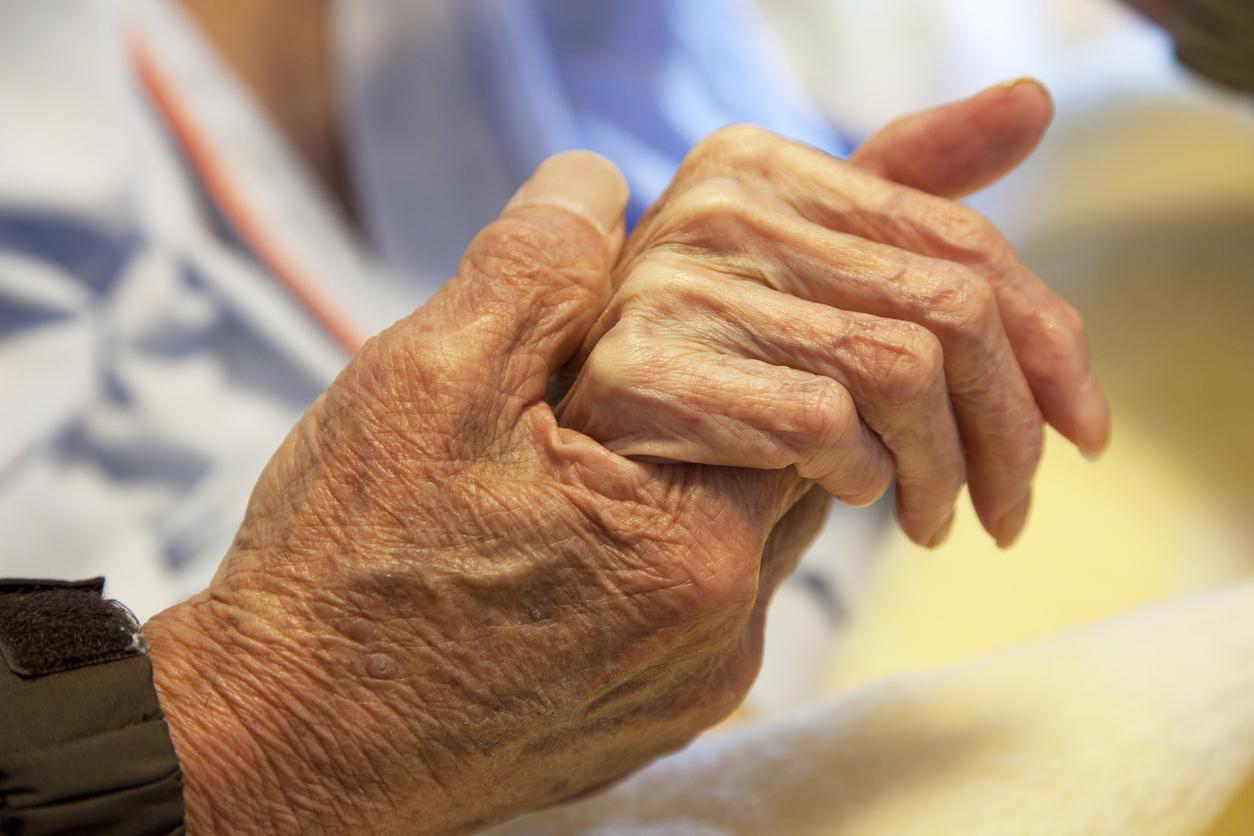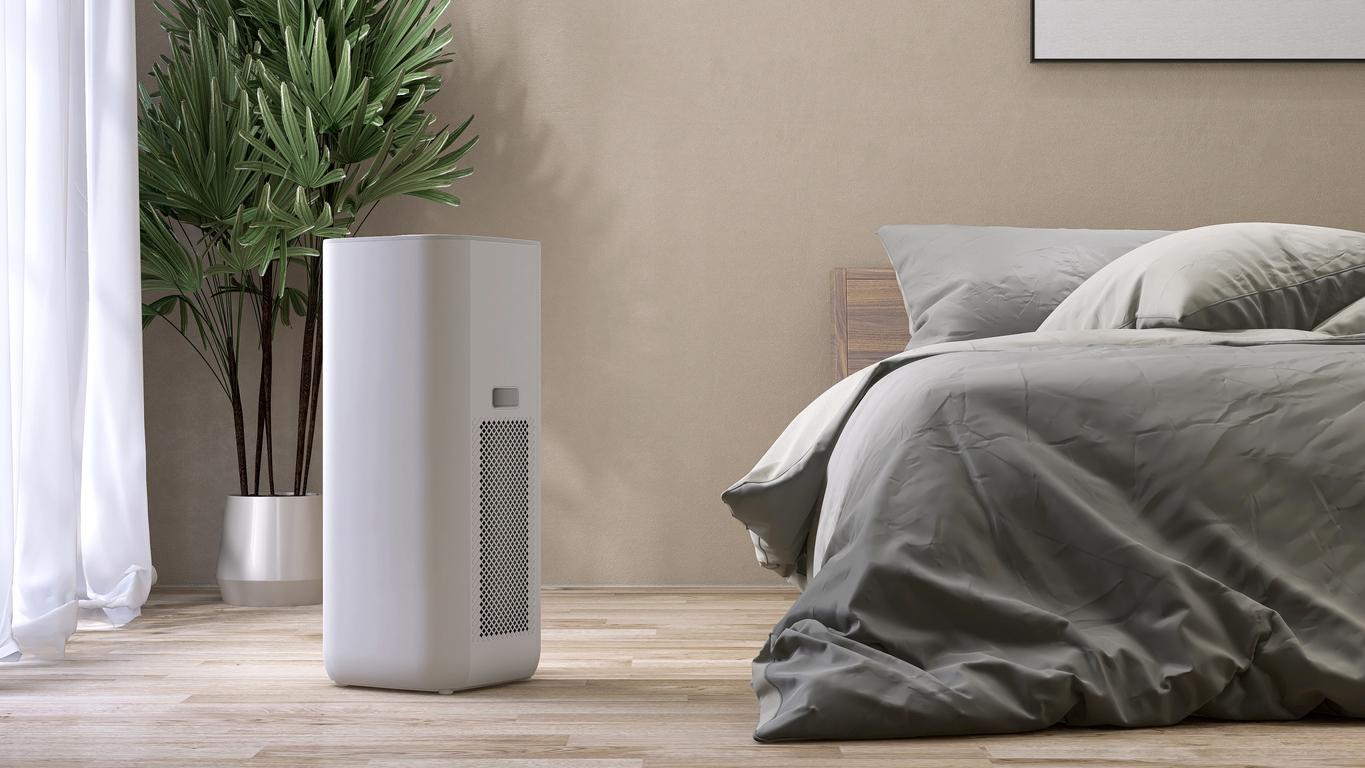Animals are an interesting therapeutic asset. The canine therapyis for example used in some hospitals to improve the daily life ofchildren treated for cancer. Dogs can also serve as life support for people with Alzheimer’s disease. But it’s not just dogs that can soothe patients in their daily lives. Illustration with Peyo, a 13-year-old stallion, who visits the sick, from children to the elderly, from different hospitals in France. Like any average visitor, the horse has acquired the habit of meeting the sick to do them good and help them in their daily lives. At the origin of this unusual project, Hassen Bouchakour, its owner, rider and artist. He founded the association “Les Sabots du Cœur” after noticing a capacity for empathy and a kind of sixth sense in animals. At the bedside, Peyo manages to feel the fragile point of it and then forges a special relationship between the stallion and the patient. “From hospitals to hospitals, from patient to patient, we observe each time that when there is a rather complicated pathology, the horse goes towards the member which is sick such as the head, the heart or the legs”, explains Hassen Bouchakour in a report broadcast on the Equideo channel.
A horse with strong empathy
“They are able to read in us even before we feel things ourselves. (…) They are horses who have understood and who know how to target the fragile point in people”. In contact with Peyo, Alzheimer’s patientseven managed to suddenly find certain memories before being overtaken by the disease, says Hassen Bouchakour.
If Peyo takes the elevator and walks the tiled corridors of the hospital without a problem, this visit is nothing unexpected. It requires the implementation of an adapted protocol, the result of four years of work and preparation. Before each visit to a hospital, the stallion is shorn, braided and dewormed. He is placed in quarantine two days before and after each visit.
This project brings together patients and their families and medical staff, who see it as a way out of the strictly therapeutic framework. *
Also read:
Anxiety, the first symptom of Alzheimer’s disease?
Dementia: video games to reduce the risks?
















